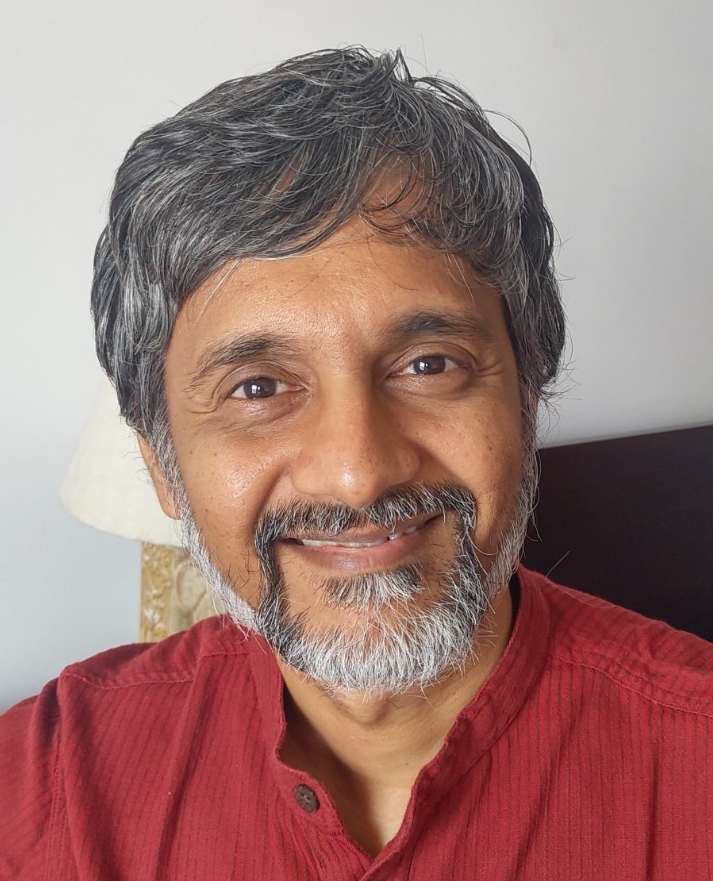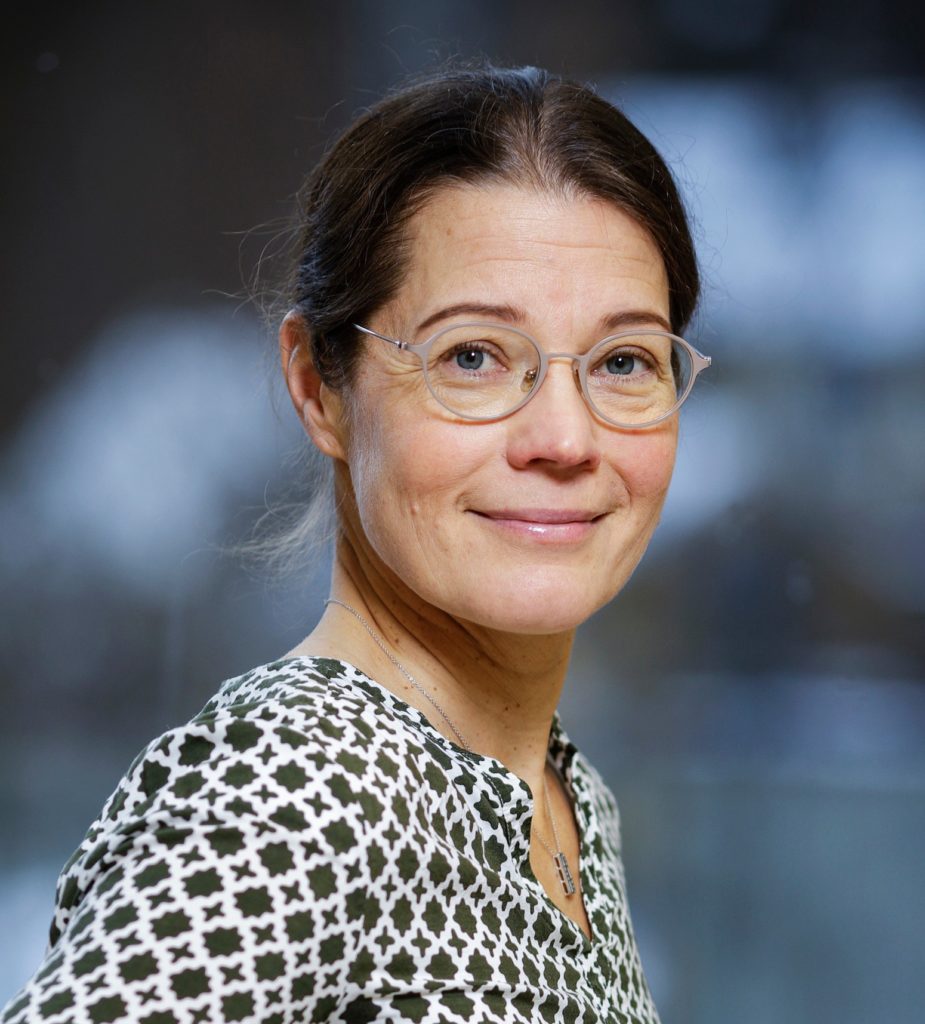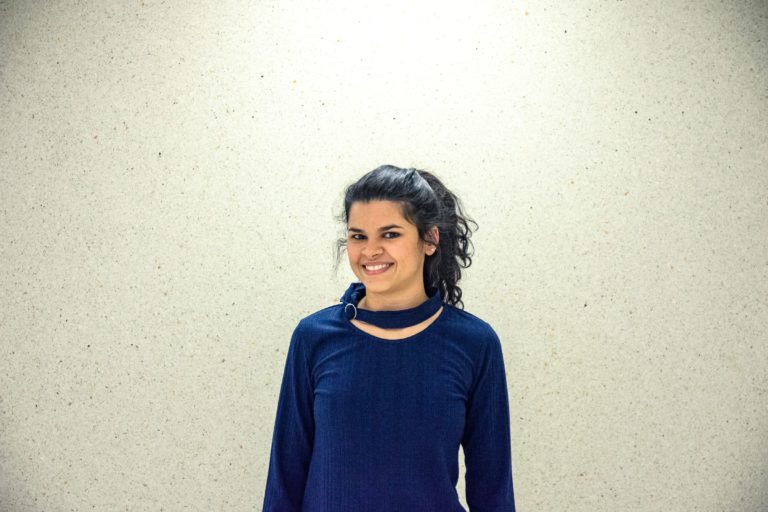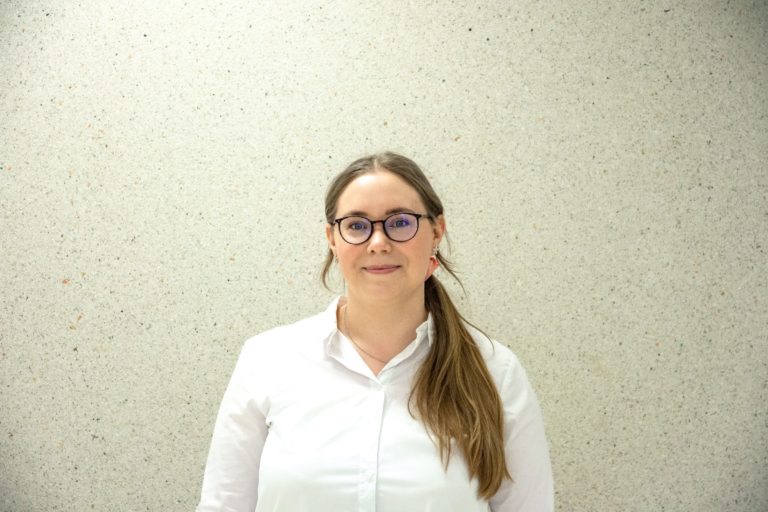Hear from Rishikesh BS and Kinnari Pandya from Azim Premji University about India’s journey so far and the road ahead in this phase of educational transformation. Joining them on the panel will be Taina Saarinen from the Finnish Institute of Educational Research (FIER) and Mirja Tarnanen from the Department of Teacher Education at University of Jyväskylä respectively, to contribute their expertise and provide insights on the importance and process of educational change and reform in societies and nations, reflecting and building on experiences and challenges of educational change in Finland. Moderating this discussion will be Heidi Layne from University of Jyväskylä.
Registration
Register by 12 March, 2023.
Panelists

Rishikesh BS
Associate Director, School of Education, Azim Premji University
About Rishikesh BS
Rishikesh is an Associate Director at the School of Education, Azim Premji University; He has 25 years of research & teaching experience, 19 years of which has been at Azim Premji Foundation. His research interests are in the domains of educational policies, learner assessments and teacher education. In the last few years, education policy related issues have formed the core of Rishikesh’s work. He is on various Government Executive Committees working on issues concerning school education and policy formulation.
He has worked closely with the Dr. K. Kasturirangan Committee which wrote the Draft Indian National Education Policy 2019. Subsequently he has been a member of the two sub-committees which provided the inputs for implementation of National Education Policy 2020 in school and higher education to the Government of Karnataka. He is currently a member of the NEP Implementation Task Force in Karnataka and has been nominated as a member of the Technical Secretariat to the Steering Committee for drafting the Indian National Curriculum Framework (NCF).
At Azim Premji University he offers courses related to School Systems in India, History of Education, Understanding Schools as Organisations and Educational Research to students pursuing their master’s in education program at the Azim Premji University. His nearly two decades of work at the Azim Premji Foundation has also taken him to many States/regions across India wherein he has directly engaged with the education bureaucracy as well as teachers.
His field engagements are primarily through workshops on research, discussions on education policy and teacher education deliberations. This element of practice, and the engagement with theory in the classroom environment, gives him the balance that he strives for between theory and practice – one informing the other.

Kinnari Pandya
Associate Professor, Azim Premji University
About Kinnari Pandya
Kinnari is Associate Professor at Azim Premji University. She currently coordinates the four-year integrated Teacher Education programme. Kinnari’s interest in children, human development, learning, and teaching goes back to her childhood experiences that led her to pursue higher education degrees in Human Development, Social Work and later Elementary Education with an aim to contribute meaningfully as a professional.
Her professional journey with Azim Premji Foundation began in 2006. Through the last sixteen years she has contributed to a range of initiatives of the Foundation in improving public education in India – coordinating assessment-led reform programme, developing pre-service teacher education curriculum for different State Councils of Education Research and Training (SCERT). She has been with Azim Premji University since its inception in 2009 and contributed to the design and implementation of MA Education programme and anchored the ECE specialisation offered by the MA programme.
Since 2013, Kinnari has been involved in conceptualising and implementing Early Childhood Education (ECE) programmes of the Field Institutes of the Azim Premji Foundation that involved curriculum development of 3–6-year-old children, and capacity development of ECE professionals within the Foundation and the public system. She has led ECE curriculum development for several States supporting as continued efforts of the Foundation to improve quality of education in the country. She is a member of the National Council of Teacher Education (NCTE), contributes as a technical member for projects on professional development of ECCE practitioners with the National Council of Educational Research and Training (NCERT), and is member of the ECCE sub-committee of Karnataka state to implement the recommendations of National Education Policy 2020.
Kinnari is a practitioner at the core, and believes in adopting, adapting, and expanding theoretical ideas to enrich practice on the ground. Her current research interests are in understanding the pedagogic content knowledge (PCK) as a repertoire of teaching practices of science teachers and early childhood educators, and various aspects that lead to developing student teachers as reflective practitioners.
Taina Saarinen
Director and Research Professor of higher education at the Finnish Institute for Educational Research, University of Jyväskylä

About Taina Saarinen
Taina is Director and Research Professor of higher education at the Finnish Institute for Educational Research, University of Jyväskylä. At the University of Jyväskylä, she has held previous positions in language policy and language education policy since 2002. Before coming to Jyväskylä, she worked on higher education assessment at University of Turku and on access to adult education at Finnish Adult Education Center of Turku.
She has published widely on language policies of higher education and the links between equity and language in university contexts, recently in journals such as Higher Education, Journal of International Students, and Nordic Journal of English Studies. Her recent monograph Higher Education, Language and New Nationalism in Finland: Recycled Histories (2020, Palgrave) analyses the historically recycled and new nationalist language policy discourses in Finnish higher education, linking questions of language to academic communities. In an edited volume New Materialist Explorations into Language Education (2023, Springer), co-edited with Johanna Ennser-Kananen, she explores socio-materialism in language education.
Recently, she has turned towards questions of well-being in academic work before and during the pandemic. A cross-cutting theme in her work on education policies are the links between historical, societal, and epistemological developments. She particularly enjoys multidisciplinary, historical, and comparative contexts, which often make unobserved gaps in the existing research visible.

Mirja Tarnanen
Professor of language education in the Department of Teacher Education and a vice dean responsible for education at the Faculty of Education and Psychology, at the University of Jyväskylä
Dr Mirja Tarnanen is a professor of language education in the Department of Teacher Education and a vice dean responsible for education at the Faculty of Education and Psychology, at the University of Jyväskylä. Her research has focused on (multi)literacy and assessment practices across curriculum and educational levels, migrants in professional and educational communities, promoting multilingualism in schools, teachers’ professional development and curriculum reforms in teacher education. She has been involved in numerous research, development and evaluation projects in different roles. Her current research interest lies in approaching educational communities from the systems theory perspective to understand mechanism of educational change. She believes that collaboration and teamwork make her a researcher.
About Azim Premji University
Azim Premji University (APU) is a not-for-profit private university in India committed to its social purpose of contributing to societal well-being and social justice through education.
The university is closely connected to Azim Premji Foundation, which has been working since 2000 with the elementary education system in rural government schools. Having successfully built Wipro to be a business leader, Mr. Azim Premji felt the need to contribute to a social cause and address the various developmental challenges facing the country. He donated more than 70 percent of his wealth for this purpose. With the assistance of others in the company leadership, they started the initial work of setting up a foundation.
Contact
For further information, please contact the organisers















